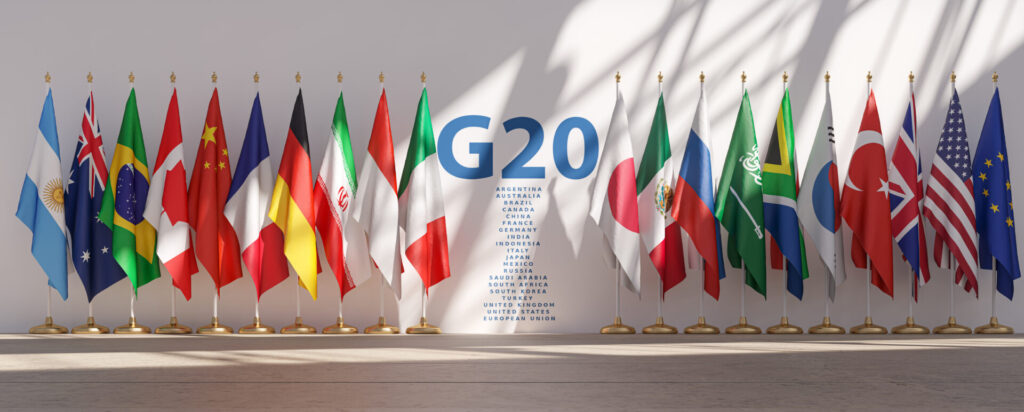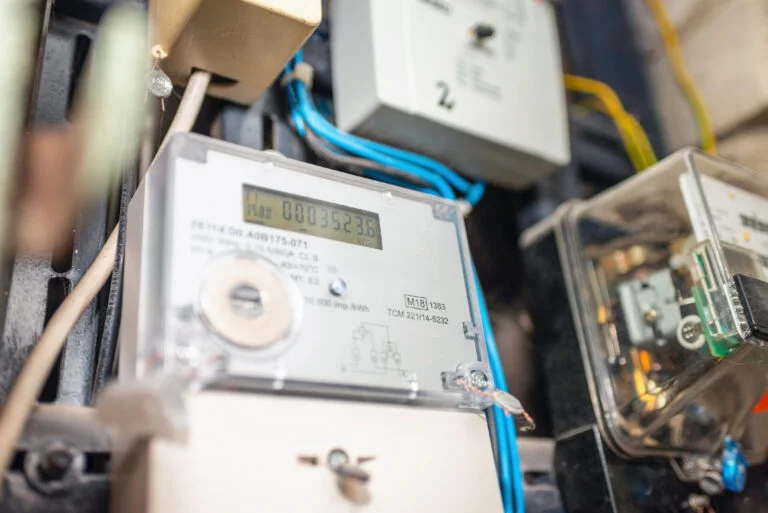What is the G20 Summit?
The G20 Summit is an annual gathering of leaders from 19 of the world’s largest economies and the European Union, along with representatives from the African Union. The summit serves as a platform for international economic cooperation, addressing pressing global challenges such as economic stability, climate change, and poverty reduction.
Each year, the country holding the presidency sets the agenda and hosts the event, culminating in a Leaders’ Declaration that outlines commitments and action plans on shared priorities. It provides a unique opportunity for collaboration among the world’s leading and emerging economies to foster sustainable development and address global inequalities.

Key Highlights:
1. Global Hunger and Inequality
A significant achievement of the summit was the launch of the Global Alliance against Hunger and Poverty, with 148 founding members, including 82 countries, the African Union, and the EU. The initiative aims to reach 500 million people in low-income countries by 2030 through cash transfer programs. Discussions also included a proposed 2% tax on billionaires to fund climate action and poverty alleviation, emphasising global solidarity.
2. Climate Action
Despite the summit coinciding with COP29 in Azerbaijan, progress on climate commitments was limited. The Leaders’ Declaration did not advance beyond previous agreements, such as transitioning away from fossil fuels, leaving the scaling-up of climate finance unresolved. This highlighted ongoing challenges in achieving consensus on climate initiatives.
3. EU's Role and Trade Talks
The EU reaffirmed its commitment to poverty reduction and trade reforms, advocating for a stronger multilateral system. However, attempts to advance the EU-Mercosur trade agreement faced setbacks, with key leaders expressing dissatisfaction with the current deal, underscoring challenges in achieving trade consensus.
Brazil’s Presidency Focus:
-
The Fight Against Hunger, Poverty, and Inequality
Brazil emphasised addressing global disparities, placing the poor at the forefront of international efforts, including the creation of the Global Alliance against Hunger and Poverty.
-
The Three Dimensions of Sustainable Development
The presidency focused on integrating economic, social, and environmental sustainability into global policies, encouraging holistic approaches to development.
-
Reforming Global Governance
Brazil sought to modernise international institutions, advocating for equitable representation and decision-making to reflect the realities of the 21st century.
What Lies Ahead
The summit highlighted the need for global cooperation to tackle major crises, but also highlighted the challenges in reaching agreements on key issues like climate change and conflicts.






